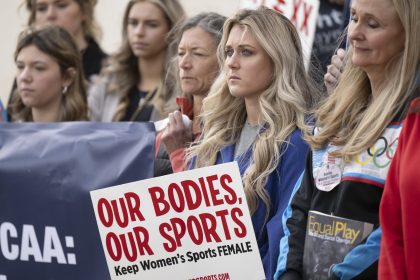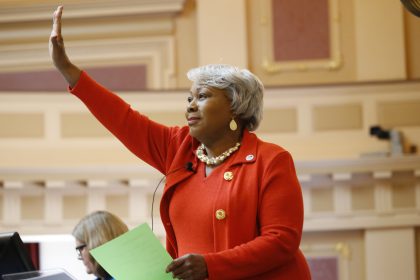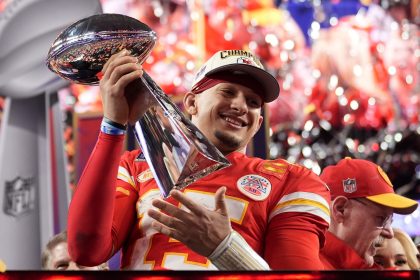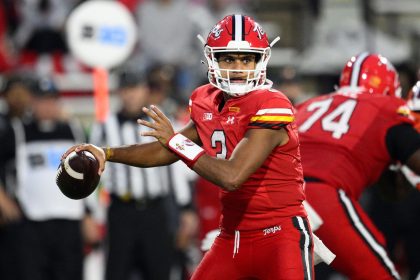Justice Department Joins Lawsuit Against NCAA Transfer Rule
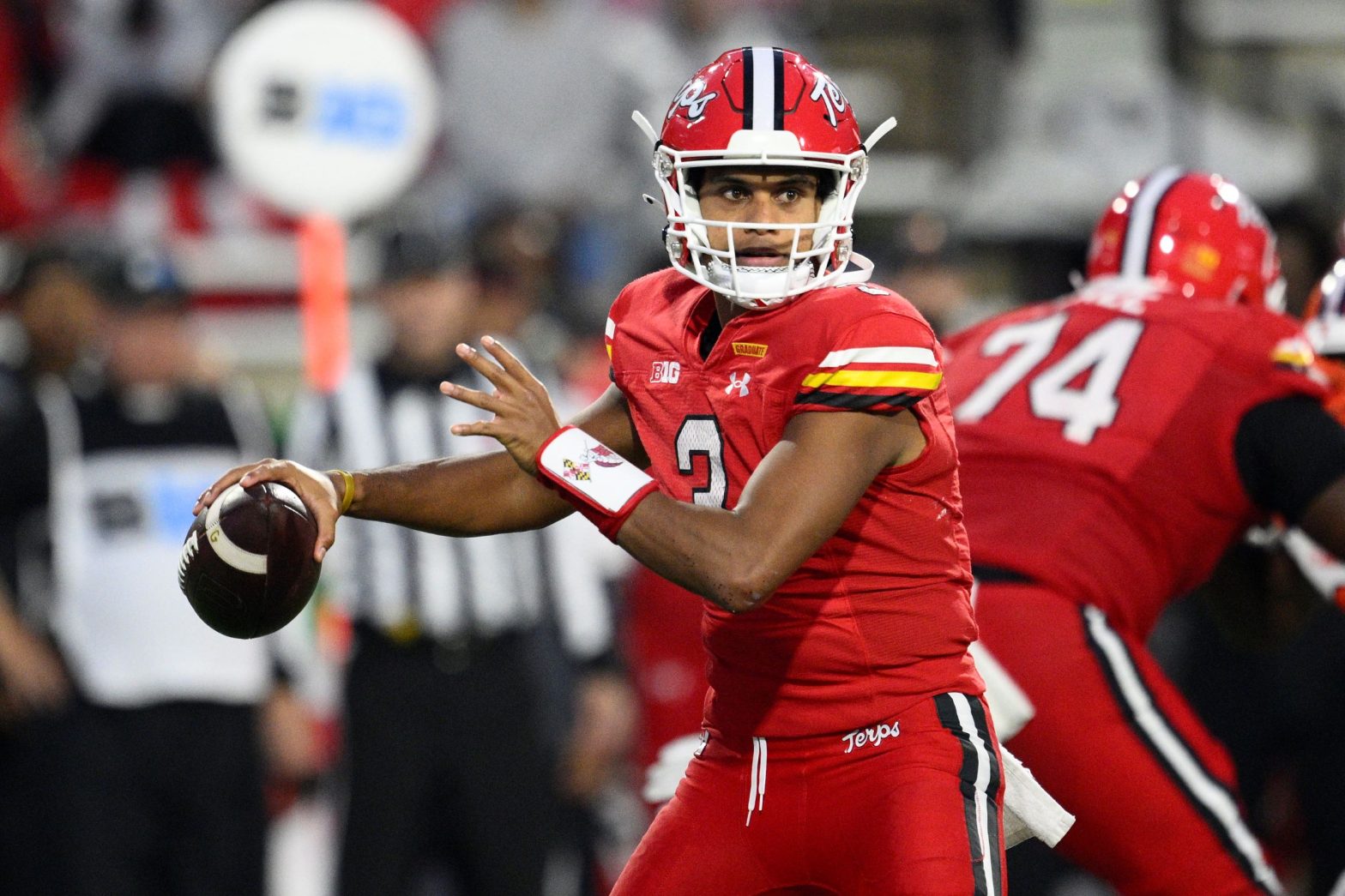
WASHINGTON — The Justice Department joined a lawsuit this week opposing the National Collegiate Athletics Association’s restrictions on student athletes transferring between schools.
Called the “transfer eligibility rule,” it allows student-athletes to begin playing their sports immediately when they transfer to a new Division I school. If they transfer a second time, they are ineligible to play for the first year afterward.
A one-year mandatory delay in resuming their sports is nearly certain to prevent most athletes from transferring a second time.
Division I comprises the largest universities with many of the best athletic programs in the nation.
The NCAA says it intended the rule as a means of protecting student athletes from potentially fierce market competition for their services while they pursue their educations.
Ten states, the District of Columbia and the Justice Department call the rule a violation of antitrust laws.
The Justice Department’s decision to participate marks a rare example of the federal government joining a lawsuit by state attorneys general. It was filed Dec. 7 in the U.S. District Court for the Northern District of West Virginia.
“Plaintiff states and the United States bring this action to put a stop to defendant’s unjustified overreach into the lives and careers of college athletes, to prevent the unjustified anticompetitive restriction on universities who seek to compete for college athletes, and to restore freedom of economic opportunity,” the lawsuit says.
It described the transfer eligibility rule as part of a pattern of excessive and sometimes illegal behavior by the NCAA.
The organization “has enacted and enforced anti-competitive rules and policies that act as an unlawful barrier on the ability of certain college athletes and universities to compete against each other,” the lawsuit says.
The lawsuit was led by Ohio Attorney General Dave Yost. He called college sports a “big, big business” that should be required to follow the laws and regulations of any other business.
According to the NCAA, Division I athletics generated $15.8 billion in revenue in 2019 before the pandemic hit college sports with dramatically decreased income. This year, college sports have returned to pre-pandemic levels.
The revenue comes largely from television and radio contracts, paid endorsements, commercial licensing and ticket sales.
“This case would never have come to pass had many players not been sidelined by the NCAA’s arbitrary and unfair rule,” Yost said in a statement. “We’re fighting for better competition and long-term change.”
The lawsuit is likely to have a broad impact on college sports if it succeeds. The NCAA said in court filings that the plaintiffs “seek to remake collegiate athletics and replace it with a system of perpetual and unchecked free agency.”
U.S. District Judge John Preston Bailey in West Virginia has issued an injunction that prohibits the NCAA from enforcing the rule. It runs through the end of the 2023-24 academic year. No trial date has been set yet.
You can reach us at [email protected] and follow us on Facebook and X.



















